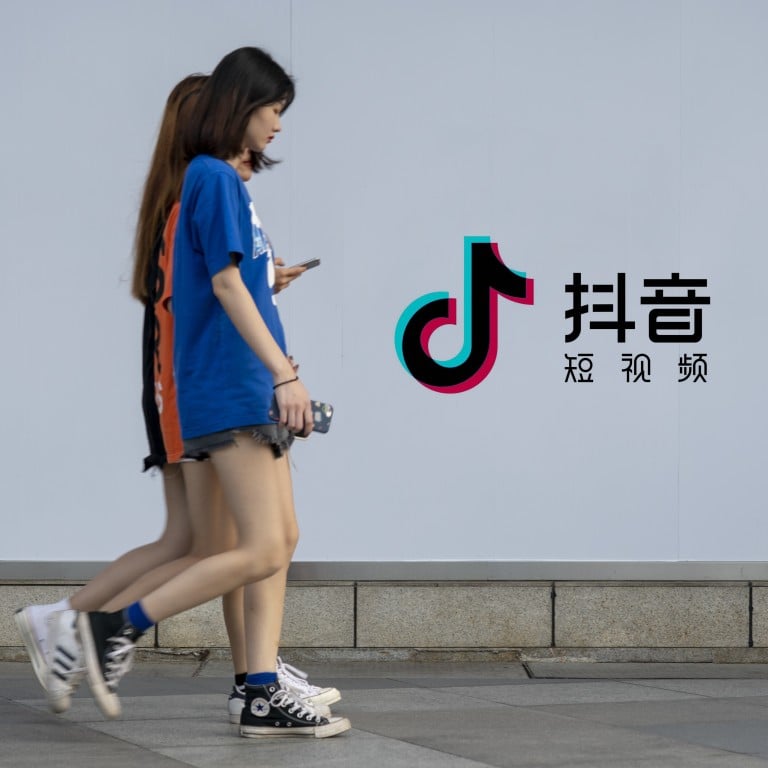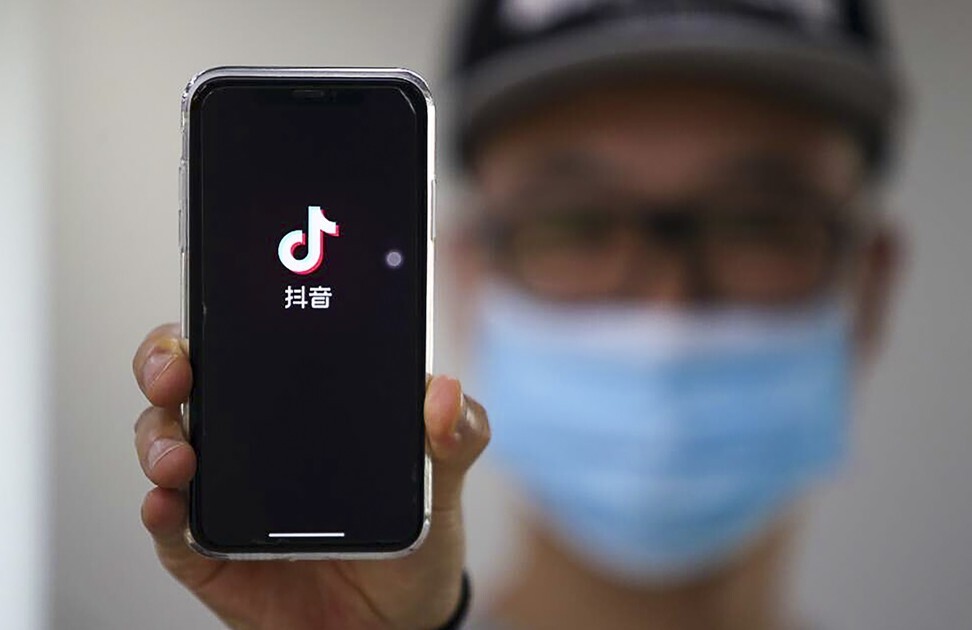
Can TikTok owner ByteDance break the mobile payments duopoly of Alipay, WeChat Pay?
- The stakes are high for Douyin Pay, as Alipay and WeChat Pay continue to dominate China’s mobile payments industry
- Other Chinese hi-tech giants, including Meituan and Pinduoduo, are also expected to compete in mobile payments
The stakes are high for Douyin Pay, as Alipay and WeChat Pay continue to lead China’s mobile payments industry. There were 801.7 million mobile payment users in mainland China at the end of June last year, according to data from Statista.
Alipay and WeChat Pay had a 55.4 per cent share and 38.5 per cent share, respectively, in China’s mobile third-party payment market at the end of June last year, according to data provided by research firm Analysys.

With its new payment service, ByteDance can transform Douyin, which is primarily an entertainment app, into a major domestic social-networking platform to rival WeChat, according to Zhang Yi, chief executive and head analyst at iiMedia Research.
“As long as someone sends and receives [digital] red envelopes, and friends around them grab red envelopes, this product will become more like a social-networking app like WeChat,” Zhang said.
“Even with a very small percentage of the [mobile payments] market, [Douyin Pay] could still be very profitable,” said Zennon Kapron, director of financial technology research and consultancy Kapronasia. “ByteDance doesn’t need to be wildly successful [in mobile payments]. It doesn’t need to have 90 per cent of the market like Alipay and WeChat Pay combined.”
Other Chinese hi-tech giants are expected to compete in the same market. These include e-commerce giant Pinduoduo, on-demand delivery market leader Meituan and ride-hailing services provider Didi Chuxing.
ByteDance, Meituan and Pinduoduo: China’s second tier tech giants poised to challenge payments duopoly
On Tuesday, Douyin said its new mobile payments service, which supports a group of banks including state-owned Bank of China, would “ultimately enhance user experience” on the short video platform.
“The most direct link is e-commerce,” said Zhang Dingding, the former head of Beijing-based research firm Sootoo Institute. “ByteDance could also use its new service to link any other business that its users may need to make payments to.”
“If the company owns millions of people’s transaction data, they would also know their hometown, salary and consumption habits – allowing the recommendation of products and information [based on payment data analysis],” Zhang said.
In a test conducted by the Post, Douyin Pay users need to provide their name and identification card number, and link this to their bank account. The service does not charge users for any fees for withdrawal or topping up, which is a big advantage when compared to other payment services that charge a small commission fee. Douyin still supports Alipay and WeChat Pay.
Still, other analysts predict Douyin Pay will find it difficult competing against China’s mobile payments leaders. ByteDance will find it tough against WeChat Pay, for example, because it has no clear advantages, according to Zhao Xiaofeng, an assistant professor at Lingnan University’s department of finance and insurance.
“The only opportunity for Douyin lies with young people, but this is a group of people who have little money,” Zhao said.


